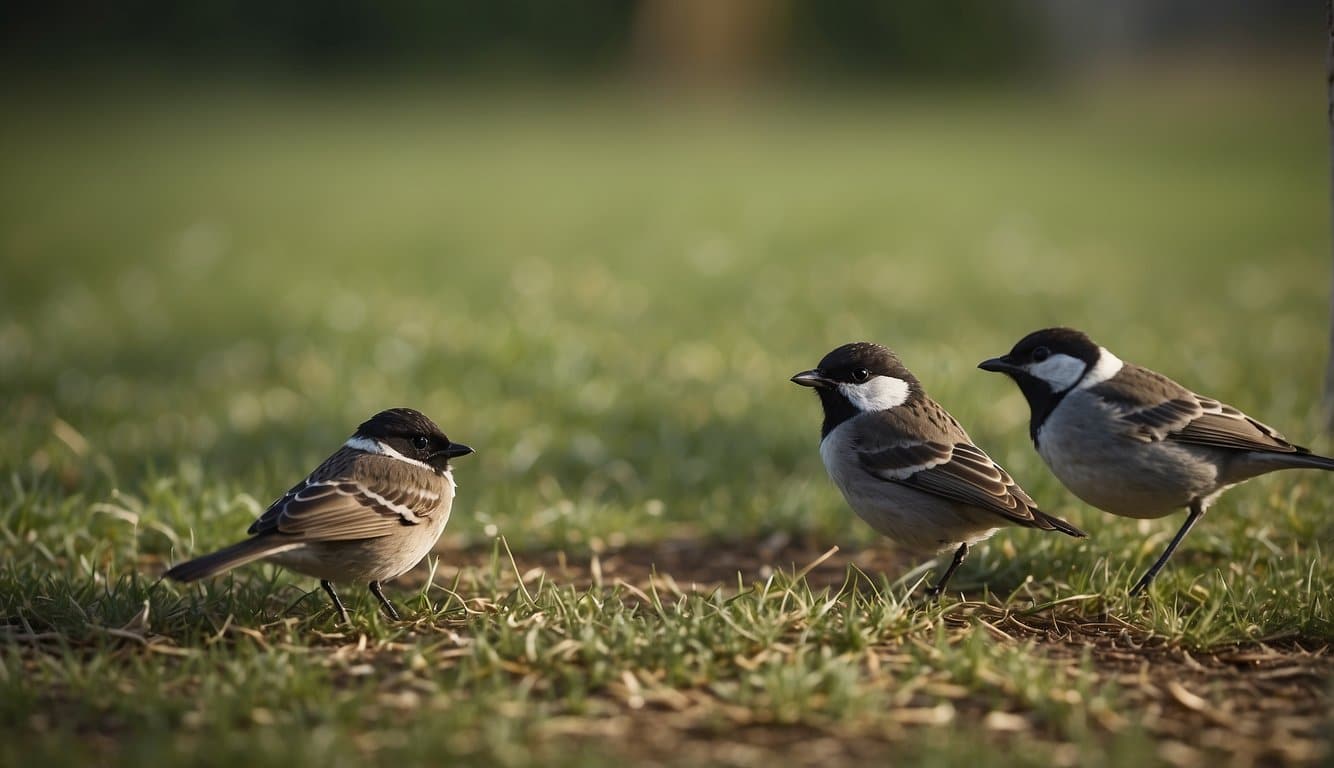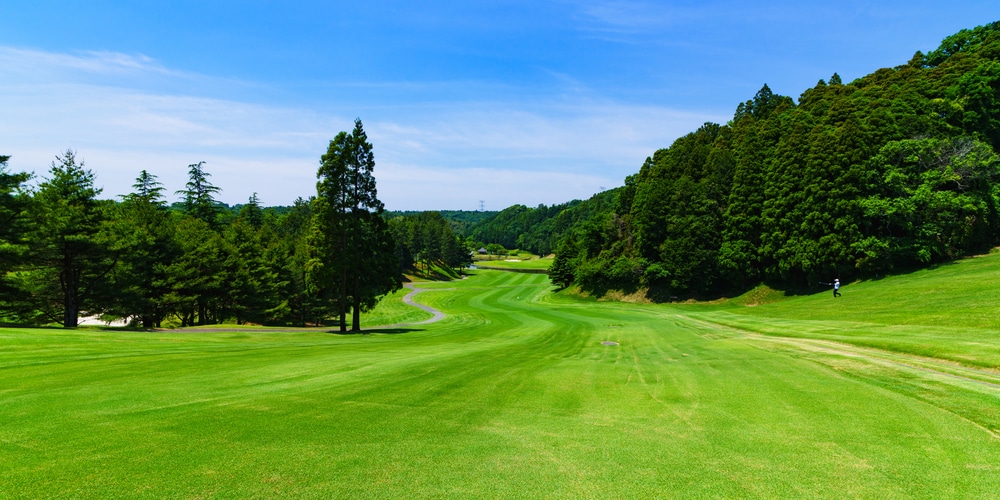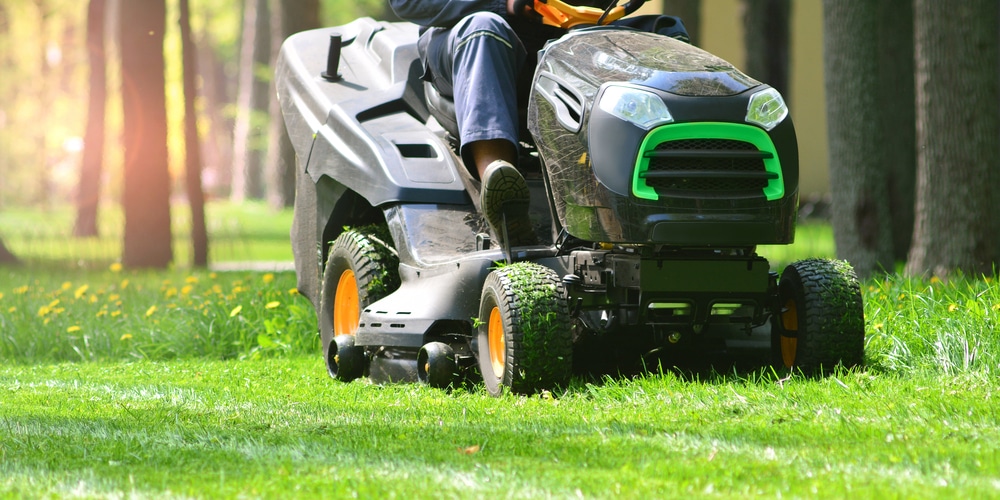What Makes an Eco-Friendly Seed, Anyway?
As you seek solutions for a sustainable lawn, eco-friendly grass seeds stand out as a vital choice for both environmental benefits and reduced maintenance.
Eco-friendly grass seeds encompass varieties specifically cultivated to minimize environmental impact. They are significant because:
- Sustainability: They thrive with less water and fewer chemical inputs.
- Lower Maintenance: They generally require less mowing compared to traditional grasses.
When weighing traditional grass against sustainable grass options, here are key differences:
- Water Usage: Sustainable varieties often demonstrate greater drought resistance.
- Chemicals: They typically thrive without the pesticides and fertilizers that traditional lawns rely on.
Types of Sustainable Grass Seeds
When selecting grass seeds for your lawn, it’s crucial to consider sustainability options that not only look great but also are kinder to the environment. Here are some specific types to consider for an eco-friendlier approach.
Native Grass Varieties
- Buffalograss: A North American native, buffalograss thrives with minimal watering and fertilizing, making it a sustainable choice for your lawn.
- Fine Fescue: Adaptable to a variety of soils and climates, fine fescues require less water and are known for their tolerance to shade.
Drought-Tolerant Grasses
- Bermuda grass: This type is a champion in warm climates, where it can withstand long periods without rain.
- Zoysia: Highly drought-tolerant, Zoysia forms a thick carpet-like lawn that resists weeds and stays green with minimal watering.
Low-Maintenance Grass Mixtures
- Eco-Lawn Mix: A blend that includes fine fescues, this mix grows slowly and requires less mowing, saving energy and time.
- Micro-Clover Mix: Mixing micro-clover with traditional grass seeds creates a self-fertilizing, low-growing lawn that stays green without high water input.
Planting and Maintenance
Achieving a sustainable lawn with eco-friendly grass seeds hinges upon proper soil preparation, adept seeding techniques, and diligent watering and fertilization practices. These steps lay the groundwork for a healthy and resilient lawn.
Soil Preparation for Eco-Seeds
- Test Soil Composition: Begin by measuring the pH, nutrients, and composition of your soil. This will inform which amendments you’ll need for optimal growth conditions.
- Improve Soil Structure: Based on test results, incorporate organic matter to enhance the soil’s water retention and aeration, critical for seed germination.
Seeding Techniques
- Choose the Right Time: Sow eco-friendly grass seeds during their ideal germination period, usually in early fall or spring for most climates.
- Broadcast Evenly: Disperse the seeds evenly over the prepared soil. A seed spreader can ensure uniform coverage.
Watering and Fertilization Practices
- Watering Schedule: Provide a gentle but consistent watering regimen that keeps the soil moist but not waterlogged to encourage germination without causing rot.
- Eco-Friendly Fertilization:
- Timing: Apply a natural fertilizer according to the specific needs of your eco-friendly grass, generally not immediately after planting but once established.
- Composition: Choose an organic fertilizer with the necessary nutrients for your lawn species, which helps enhance soil health and grass vitality sustainably.
Why Plant an Eco Friendly Lawn?
Choosing eco-friendly grass seeds for your lawn isn’t just beneficial to the environment; it can also have a direct impact on your wallet and local ecosystem.
Environmental Impact Reduction
- Carbon Footprint: Lawns consisting of varieties such as clover or low-mow grasses like buffalograss lower your carbon footprint by requiring fewer mowing sessions.
- Chemical Use: Eco-friendly lawns often reduce or eliminate the need for chemical fertilizers and pesticides, lessening soil and water contamination.
Biodiversity and Ecosystem Benefits
- Habitat Support: Your choice of an eco-friendly lawn becomes a haven for wildlife, supporting vital pollinators and contributing to local biodiversity.
- Soil Health: Deep-rooting plants like centipede grass improve soil structure and health, promoting a sustainable ecosystem within your garden.
Cost Savings and Water Conservation
- Water Reduction: An ecolawn typically consists of drought-resistant species, slashing your water bill and conserving a critical resource.
- Maintenance Savings: With less need for mowing, watering, and treating, you’ll save on maintenance costs and time, allowing you to enjoy your lawn rather than labor over it.
Sourcing and Purchasing Strategies
When selecting eco-friendly grass seeds, it’s crucial to consider the suppliers and the quality of the seeds. A sustainable, beautiful lawn starts not just with how you care for it, but also with the seeds you plant.
Identifying Reliable Suppliers
- Research their Reputation: Choose suppliers known for their commitment to environmental sustainability. Look for providers that specialize in eco-friendly grasses, such as those offering a range of naturalized & native seed solutions.
- Sustainability Practices: Evaluate their sourcing methods to ensure they align with ecological conservation efforts. Suppliers should prioritize seeds that flourish without excess water or chemicals.
Quality Assessment of Grass Seeds
- Germination Rates: High germination rates indicate better quality seeds, leading to a robust lawn.
- Purity Levels: Check for seeds with high purity levels to avoid invasive species that could harm your local ecosystem. Trustworthy suppliers provide clear information on seed purity.
Frequently Asked Questions
Selecting the right eco-friendly grass seeds can greatly benefit your lawn’s sustainability while reducing its environmental footprint. Here’s what you need to know when considering eco-friendly options for your lawn.
What are the benefits of using eco-friendly grass seeds for lawns?
- Eco-friendly grass seeds can require less watering, reducing your water consumption.
- They often need lower inputs of fertilizers and chemicals, minimizing the environmental impact of your lawn.
How does micro clover grass seed mix contribute to a sustainable lawn?
- Micro clover fixes nitrogen in the soil, enhancing soil health and reducing the need for additional fertilizers.
- It also provides a denser and more durable lawn, outcompeting weeds and reducing maintenance needs.
What is involved in the maintenance of an eco-lawn compared to a traditional grass lawn?
- An eco-lawn typically requires less mowing, sometimes only once a month.
- It might also involve recycling rainwater for irrigation and using a mulching mower to return nutrients to the soil.
Can you combine different eco-friendly grass seed varieties, like low grow mixes and bee lawn seed, for a diverse lawn?
- Yes, combining varieties can create a lawn that supports biodiversity and pollinators.
- Mixed lawns can also be more resilient to pests and diseases, reducing the need for interventions.
What should one consider when transitioning to an eco-friendly grass seed alternative?
- Assess your lawn’s sun exposure and soil type to choose the best seed mix.
- Plan for a transition phase where your lawn adjusts to less frequent maintenance and inputs.
Are there specific eco-friendly grass seed mixes recommended for certain climates or soil types?
- Yes, some varieties are adapted to specific climates and soil conditions.
- For example, tall fescue is suited to dry climates with less water, while fine fescue thrives in shady, less fertile areas.
Last update on 2025-06-06 / Affiliate links / Images from Amazon Product Advertising API





